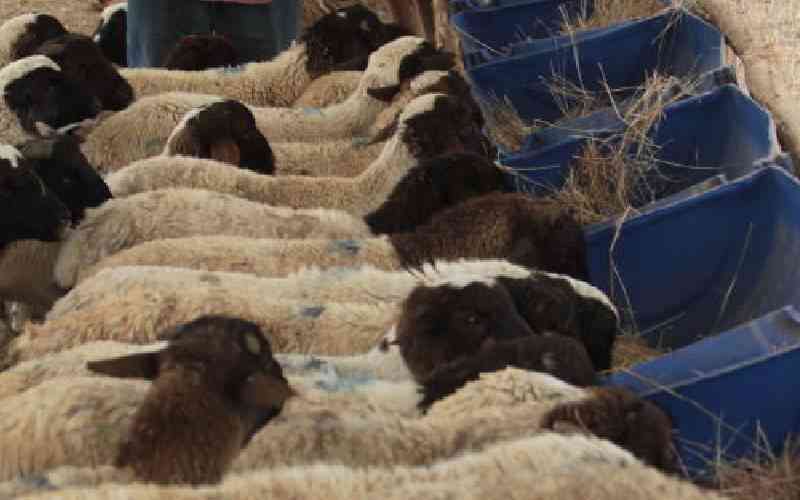×
The Standard e-Paper
Smart Minds Choose Us

In Kenya's arid and semi-arid lands (ASAL), pastoralist communities have long relied on livestock as their primary source of livelihood.
However, recurrent droughts pose a constant threat, often leading to devastating losses of livestock and severe economic hardship for these communities.